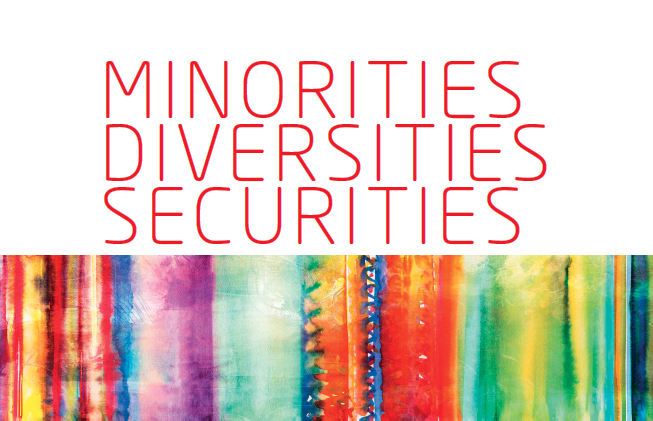
Part 1
Part 2
On September 28-29th, 2017, the first symposium of the Columbia-Marburg-Barcelona-Glasgow-Amsterdam consortium took place at the Herder-Institute for Historical Research on East Central Europe.
Since the beginning of the so-called refugee crisis in 2015/16, the discursive shift away from multiculturalism and the agendas of ethnic, cultural, religious, and other minorities to a perspective of assessing risks and challenges that evolve from societal diversity has intensified. In the political sphere and in print as well as social media in and outside Europe, the theme of migrants and cultural/religious diversity becoming more and more intertwined with concepts of security, conflict prevention, and anti-terrorist determent. Parallel to that development, there is a tendency to re-frame or re-interpret assumptions on the relations between minority and majority populations. In some countries (like Russia, Hungary, or Macedonia), we even see official polities that produce side-effects to re-marginalize minority groups by sociocultural, economic, and religious- or life-style-based dynamics of “othering.” As a consequence, security issues and processes of securitization lead to new intersections of social identities, renewed stereotypes and systems of domination, oppression, and discrimination. The Marburg symposium takes a critical stand against this tendency, aiming at assessing the concepts, paradigms, and methods for the re-evaluation of multi-ethnicity, diversity, and mobility in a globalized and “post-factual” era and seeking to identify factors and agencies that help to explain the current trends towards the obsession with security agendas. The discussions will provide ample opportunity for refl ection on the theoretical implications from an interdisciplinary point of view. The participants will be invited to elaborate on the interfaces between concepts of ethnicity, diversity, and integration and different approaches to securitization and risk aversion. Discussions also aim at the re-evaluation of current theories of intersectionality, thereby addressing questions raised from individual empirical studies.
This is part of our special feature, Diversity, Security, Mobility: Challenges for Eastern Europe.
PARTICIPANTS:
Andrea Gawrich (Justus-Liebig-University Giessen / Giessen Center for East European Studies)
Olga Sezneva (University of Amsterdam)
Anna Veronika Wendland (Herder Institute for Historical Research on East Central Europe)
Jan Willem Duyvendak (University of Amsterdam and Chair of CES)
MODERATOR:
Peter Haslinger




